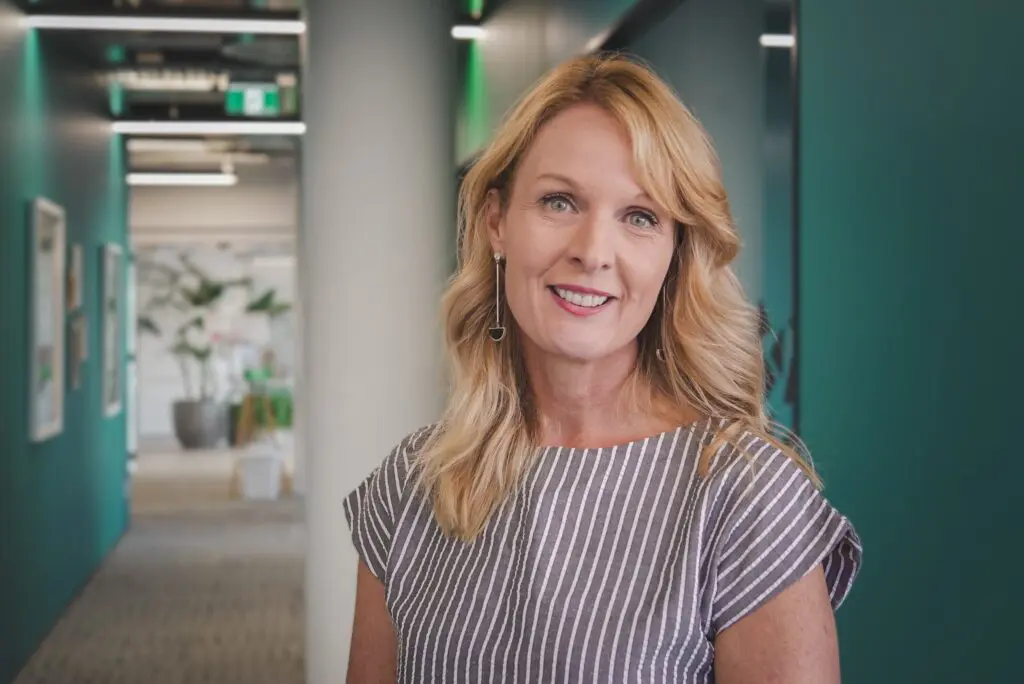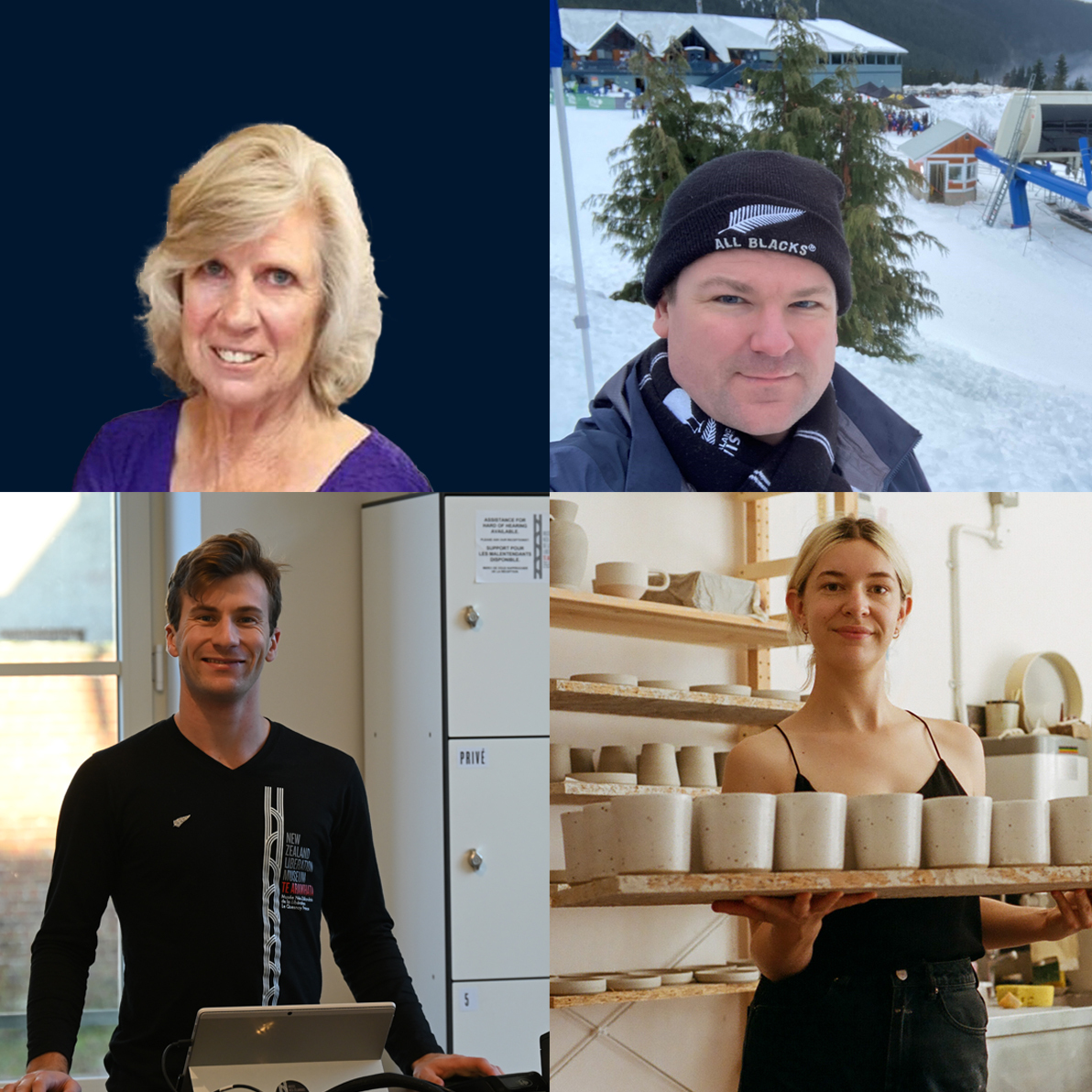Four Kiwi women fighting to save the planet
This week (October 1st) marks the start of Expo 2020 in Dubai. The Expo aims to celebrate the economic, scientific and industrial achievements of the 192 participating countries. This week the global conversation turns to the first of Expo’s 11 themes, Climate and Biodiversity, asking the question ‘How do we work together to better manage climate change and protect biodiversity?’ To get a Kea perspective we spoke to four inspiring members of our community who are working to create change for New Zealand.
Creating a common language
Jane Henley – Founder, New Zealand Green Building Council, former CEO World Green Building Council, Kea World Class Award winner.
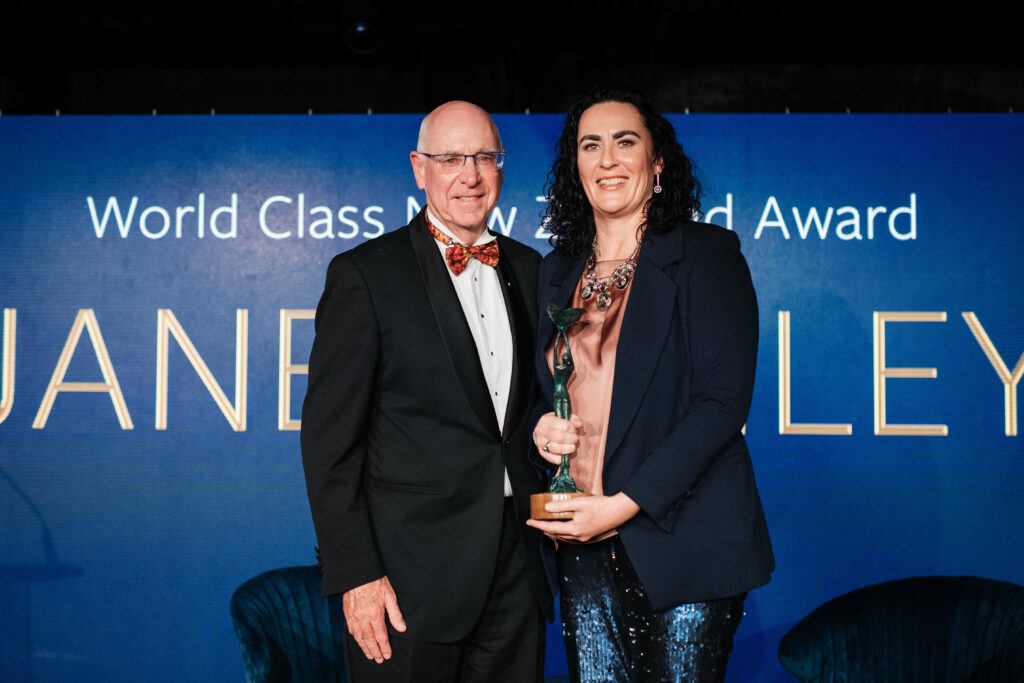
If you asked most people in New Zealand how green their homes were they probably couldn’t tell you. After all, when you think about sustainability, buildings are not the first thing that jumps to mind.
Jane Henley is working to change that, she wants all Kiwi to understand not only how sustainable their home can be but also the value that can bring. Jane says increasing people’s awareness comes down to creating a common language which can be used to talk about sustainable buildings and making sure people understand the benefits a green building can bring.
“A building will be there for 50-100 years but our thinking around buildings is often quite short term. We need people to make better decisions now for a long term future. A green sustainable building can drive down long term maintenance and running costs, it can provide a healthier home for you and your family. I think at the moment we treat our built environment like it’s a commodity – easy come easy go, and that needs to change.”
New Zealand still has a long way to go when it comes to embracing green buildings, but Jane says our passion for technology means there are lots of opportunities for innovation in the building industry.
“I want to challenge the building sector to innovate. How can a manufacturing mindset in our building industry drive productivity, efficiency and quality? My real drive is innovation and the opportunities that it brings, innovation is a vehicle for sustainability. If we can talk about decreasing costs and time and increasing efficiency across the sector then you have people’s attention a lot more than if you are just banging on about sustainability, there are so many opportunities for software, IT and automated processes.”
“I just think we can do better. I believe we have been put here to keep evolving and to keep learning and keep changing and the more that we embrace change the more opportunity there is, I challenge people to look around where they are right now and think about what went into putting that building together, how many places it came from and how many people were involved. Think about how just by making some small changes you could improve outcomes for your family and your country.”
The future of the planet is the responsibility of a collection of humans
Rose Challies – Founder Terra Nova Foundation
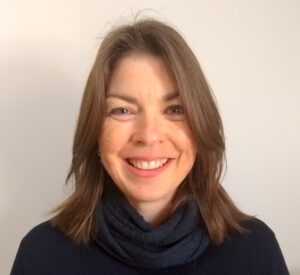
Rose Challies launched the Terra Nova Foundation (New Earth) in July this year. She set up the non profit foundation after spending the last 20 years working with governments, charities and businesses around the world on social and environmental impact.
The idea for the foundation had been brewing for quite some time as Rose could see many people wanted to do something to help the planet but just didn’t know where to start.
“What we are trying to do is to show people their options and make it easy for people to take that first step. Our process is about empowerment, we are not going to do the work for you but we will show you where to start and connect you to action you can take. We use quite sophisticated data models to track and measure the work that’s being done so people can really see they are making a difference.”
Rose says the biggest problems Aotearoa is facing is the decline of our biodiversity and our native species.
“We need to address how we are living, we have to turn that decline around or else we are imminently going to lose a lot of our natural assets, that’s a big issue. We are also becoming more and more disconnected with the planet so we have to address that. Aotearoa is really lucky in the sense that we have a really strong cultural underpinning to our sustainability story. A lot of global sustainability concepts are captured in Māori values and beliefs. We are so lucky to have these and we need to respect, listen and take guidance from them.”
Rose says there are several things people can do immediately to help the planet.
“The first part is to reduce what we use, then look at what we are producing and using and how we can do that better. We need to take up this opportunity. We need to slow down our consumption; sustainability doesn’t become meaningful until we can come back to one earth – right now we are on track to having a consumption rate requiring five planets worth of resources, it doesn’t add up.”
And when it comes to leading the change in the fight against climate change, Rose doesn’t see any one body or organisation as responsible, rather she takes the view that we should all be engaged.
“I see us as a collection of humans, we all have our own areas of influence and special skills. So for example, if you are in Government or run a business then you can contribute in that way. I think it has to be everyone doing their bit, sharing their resources and maximising their use for the benefit of the planet. If you have no resources but you care, then care really well. I don’t see it as government change or business change per se, I see it as just people change.”
Massive disruption is underway
Jacqui Macalister, Director, Sustainable Finance at Bank of New Zealand
Jacqui started working in sustainability in the early 2000’s first for an NGO and then for McDonalds where she built the sustainability team. She moved from there to become the Global Head of Health and Sustainability at Ikea before coming back to Aotearoa and setting up a consulting business helping SME’s work on their sustainability journey. Then she was approached by BNZ.
“I had never thought about going into sustainable finance as I didn’t have a finance background so being approached for the role was completely unexpected but I quickly realised that green finance is really important. If we are to meet the climate goals we are going to need money.”
Nowadays Jacqui puts her energy into helping businesses achieve their sustainability goals and raising the bar when it comes to what more they can do.
“We are trying to provide more incentive to go further, faster, by providing more finance to help businesses reach their sustainability goals. This can include things like preferential loan rates and financial advice, we find a bit of incentive really galvanises people internally to achieve their goals. It also allows us to take companies a bit beyond their comfort goals to achieve a bit more than they would have normally done.”
Jacqui says that all sectors need to be working towards a more sustainable future because internationally every sector is being disrupted.
“We don’t always see the extent of the disruption here because we are a bit cut off, a bit more remote but there is a massive disruption underway. For a competitive advantage New Zealand business should really stretch themselves and aim for those difficult goals.”
She believes that New Zealand’s entrepreneurial and innovative mindset gives Kiwi businesses a big advantage in leading the charge for sustainable growth.
“I think what New Zealand really has going in its favour is that once we understand something and the penny drops we tend to really go for it. The opportunities for Aotearoa are vast. For example we have one of the best ETS systems for forestry in the world. We have an agricultural industry that’s really hell bent on moving from volume to value so will be producing a better quality product with high environmental standards, and we have lots of opportunities in the field of nutraceuticals – natural products and what can be extracted from those for skincare through to medicine. These are just a few examples off the top of my head but there are many more. We really are uniquely poised to capitalise on these.”
People are hungry for solutions
Rebecca Percasky – Founder Better Packaging
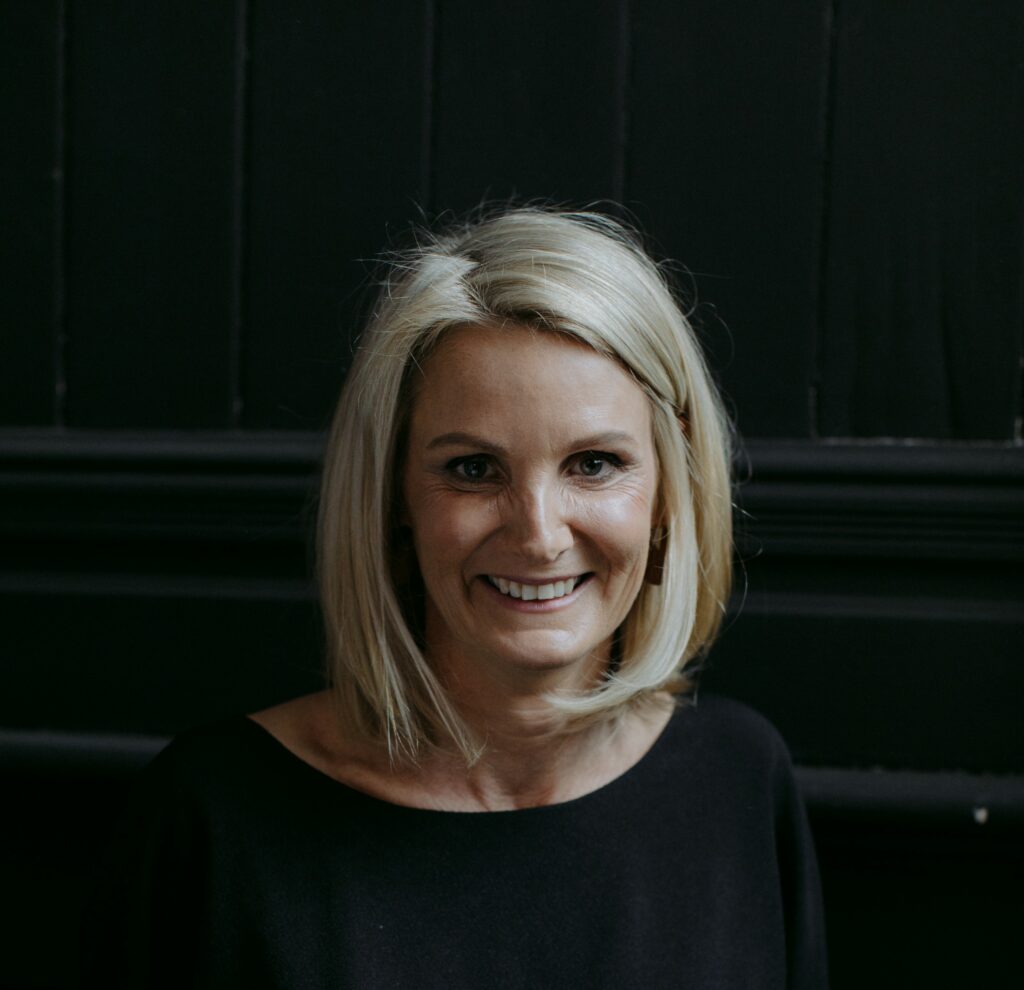
Rebecca has always been passionate about sustainability and has a background in technology. She was working in the ecommerce space when she realised that there had to be a better way to ship products without creating such huge amounts of waste.
“It really started to sit quite heavily on me, the amount of waste that was being created and I couldn’t be a part of that anymore. I started thinking about alternative solutions and over time The Better Packaging Company was born.”
The Better Packaging Co. produces a range of recycled or compostable packaging options, and for the past three years has seen 200% growth year on year. Rebecca attributes that growth to the fact consumers are demanding change and voting with their wallets.
“There aren’t any more excuses. The solutions that we have are so superior to the unsustainable alternatives. Brands have to get on board. But change needs to be easy. Our products are similar to many of the non sustainable ones our businesses are already using – they perform in the same way so it’s easy for them to switch over.”
Rebecca’s company isn’t just looking at reducing waste, they have also recently launched a project which takes sustainability one step further.
“We have just started making packaging out of ocean bound plastics in Indonesia. We are working with communities in disadvantaged areas and paying them a fair wage to collect pollution on the beaches and around the oceans and rivers and then turning that pollution into packaging. So we are using packaging to not only clean up our oceans but also to create sustainable communities and lift people up out of poverty.”
Rebecca says the sustainable packaging industry is fairly new and this provides huge opportunities for New Zealand.
“I can see us creating an innovative packaging hub in New Zealand, the industry is so new, everyone is experimenting and we need all that thinking and technology to make the impact required, it’s an incredible opportunity for some really innovative solutions and for Kiwi to step up and lead the way”
“My hope for the future is a circular model, where we place a value on waste, because once we value it then we will use it a lot more carefully. I think in time we will look back on using virgin plastic in the same way we look back at smoking on airplanes, with disbelief that we ever did that.”
World Expos are held every five years to encourage innovation and cooperation. From October 2021 – March 2022 Expo 2020 will bring together the world’s leading innovators and thought-leaders on themes impacting our planet.

 MENU
MENU

